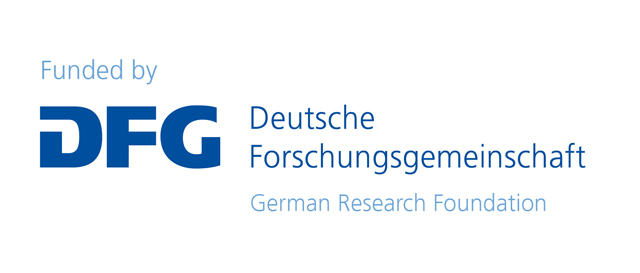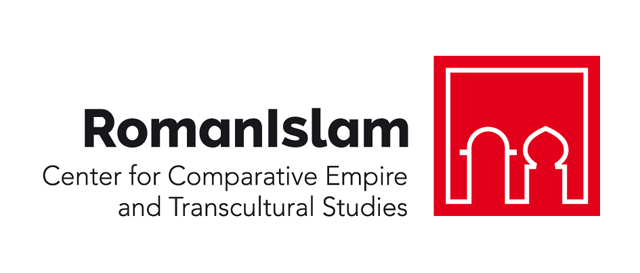Religion and Ethnicity
"Ethnicity and Christianity: the Iberian Peninsula in a comparative perspective" by Walter Pohl
Ethnicity and Christianity have often been regarded as opposing principles in late antique and early medieval Europe: ethnicity was a particular form of identity that led to divisions and conflict, while Christianity offered an all-embracing and universal community and thus maintained the unity of Europe after the dissolution of the Roman Empire. However, there are many ways in which the rise of new, particular kingdoms in the West was enabled and encouraged by Christian teachings and by the Catholic Church. The Visigothic kingdom provides an impressive example of the way in which influential churchmen supported and legitimized Gothic rule. The lecture will use the writings of Isidore of Seville and the Councils of Toledo to show how Gothic identity received a Christian acknowledgement, and put the Visigothic case into a wider perspective.
 Prof. Walter Pohl is Full Professor for Medieval History at the University of Vienna and director of the Institute for Medieval Research at the Austrian Academy of Sciences. He has been awarded the Wittgenstein Prize in 2004, an ERC Advanced Grant in 2010 and an ERC Synergy Grant in 2019. He works on the transformation of the Roman world and on the post-Roman kingdoms, on medieval ethnicity and identities, on steppe peoples and on early medieval Italy.
Prof. Walter Pohl is Full Professor for Medieval History at the University of Vienna and director of the Institute for Medieval Research at the Austrian Academy of Sciences. He has been awarded the Wittgenstein Prize in 2004, an ERC Advanced Grant in 2010 and an ERC Synergy Grant in 2019. He works on the transformation of the Roman world and on the post-Roman kingdoms, on medieval ethnicity and identities, on steppe peoples and on early medieval Italy.
"'The personal is apolitical?' Identity and Power in North Africa 800-1000 CE" by Peter Webb
There was no shortage of empire around Tunis (Ifrīqiyya) between 800-1000 CE. At the beginning of the period , the region was controlled by Abbasid imperium, shortly thereafter the Aghlabid Abbasid governors wrested control and established an independent empire of their own, and it then fell in turn to a new imperial venture, the Fatimids. This lecture considers how social groups and concepts of ethnicity negotiated the political change by seeking a view from the level of the personal: senses of identity as articulated against the background of imperial political power. The peoples of Muslim-era Ifrīqiyya in this period are usually consigned to ethnic labels of 'Berber' and 'Arab', yet these terms are rather broad-brushed, and sometimes quite inaccurate, and the extent to which the political regimes sought legitimacy via ethnic discourses remains unclear too. Equally unclear is the penetration of imperial religion into the organisation of regional social groups, and thus questions of ethnicity and religion in the make-up of society are intertwined. We shall undertake an initial foray into the landscape of ethnos and power by evaluating indicators from contemporary Arabic poetry and early biographical works.
 Dr. Peter Webb is a University Lecturer in Arabic at Leiden University. His research investigates the evolution of Arab identity and Muslim narratives of pre-Islamic history as developed in pre-modern Middle Eastern writings. Peter is the author of Imagining the Arabs: Arab Identity and the Rise of Islam (Edinburgh, 2016), and editor and translator of several classical Arabic texts for the Library of Arabic Literature and Brill’s Bibliotheca Maqriziana. He is currently principal investigator of a Veni research grant from the Netherlands Organisation of Scientific Research, “Epic Pasts: Pre-Islam through Muslim Eyes”.
Dr. Peter Webb is a University Lecturer in Arabic at Leiden University. His research investigates the evolution of Arab identity and Muslim narratives of pre-Islamic history as developed in pre-modern Middle Eastern writings. Peter is the author of Imagining the Arabs: Arab Identity and the Rise of Islam (Edinburgh, 2016), and editor and translator of several classical Arabic texts for the Library of Arabic Literature and Brill’s Bibliotheca Maqriziana. He is currently principal investigator of a Veni research grant from the Netherlands Organisation of Scientific Research, “Epic Pasts: Pre-Islam through Muslim Eyes”.


